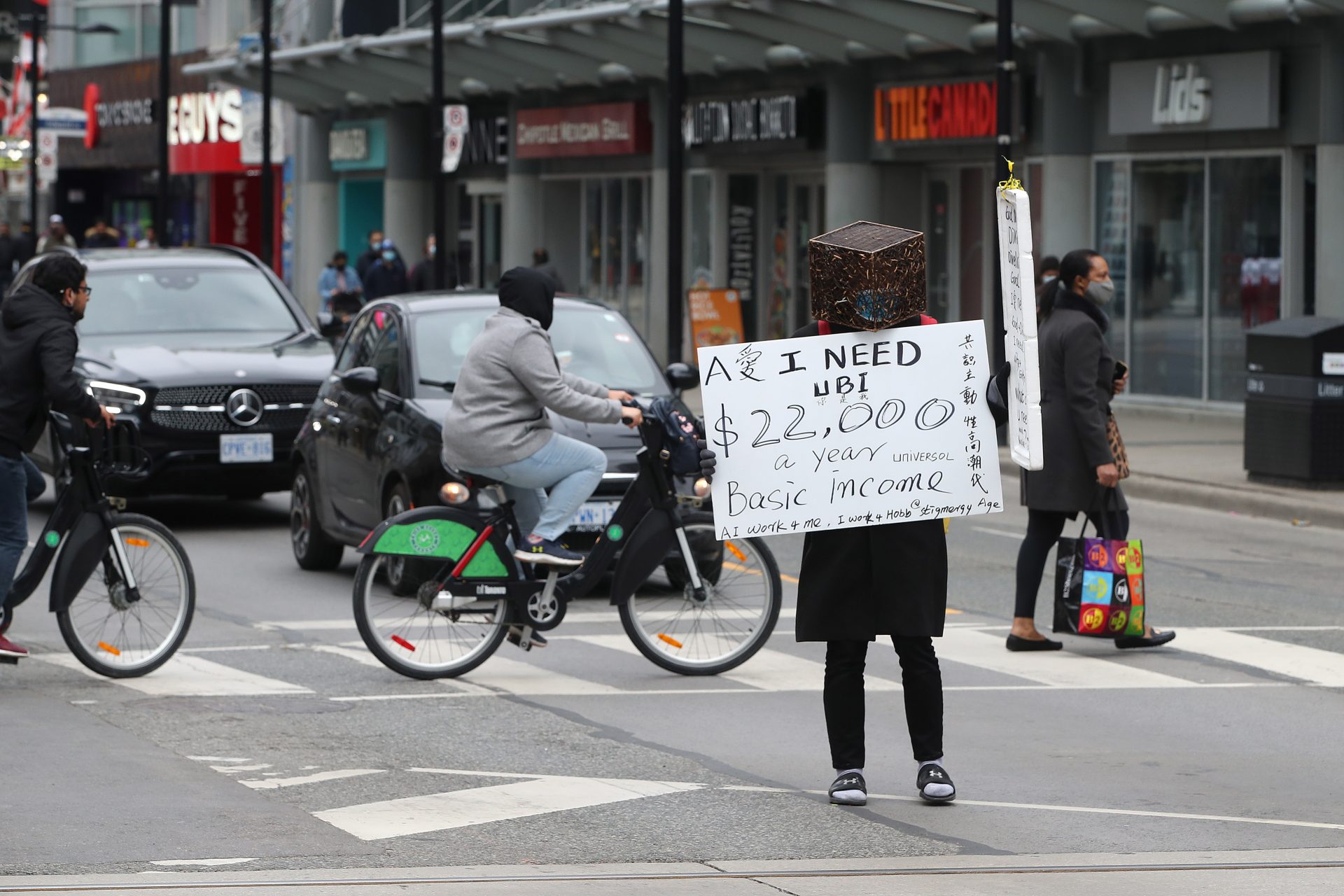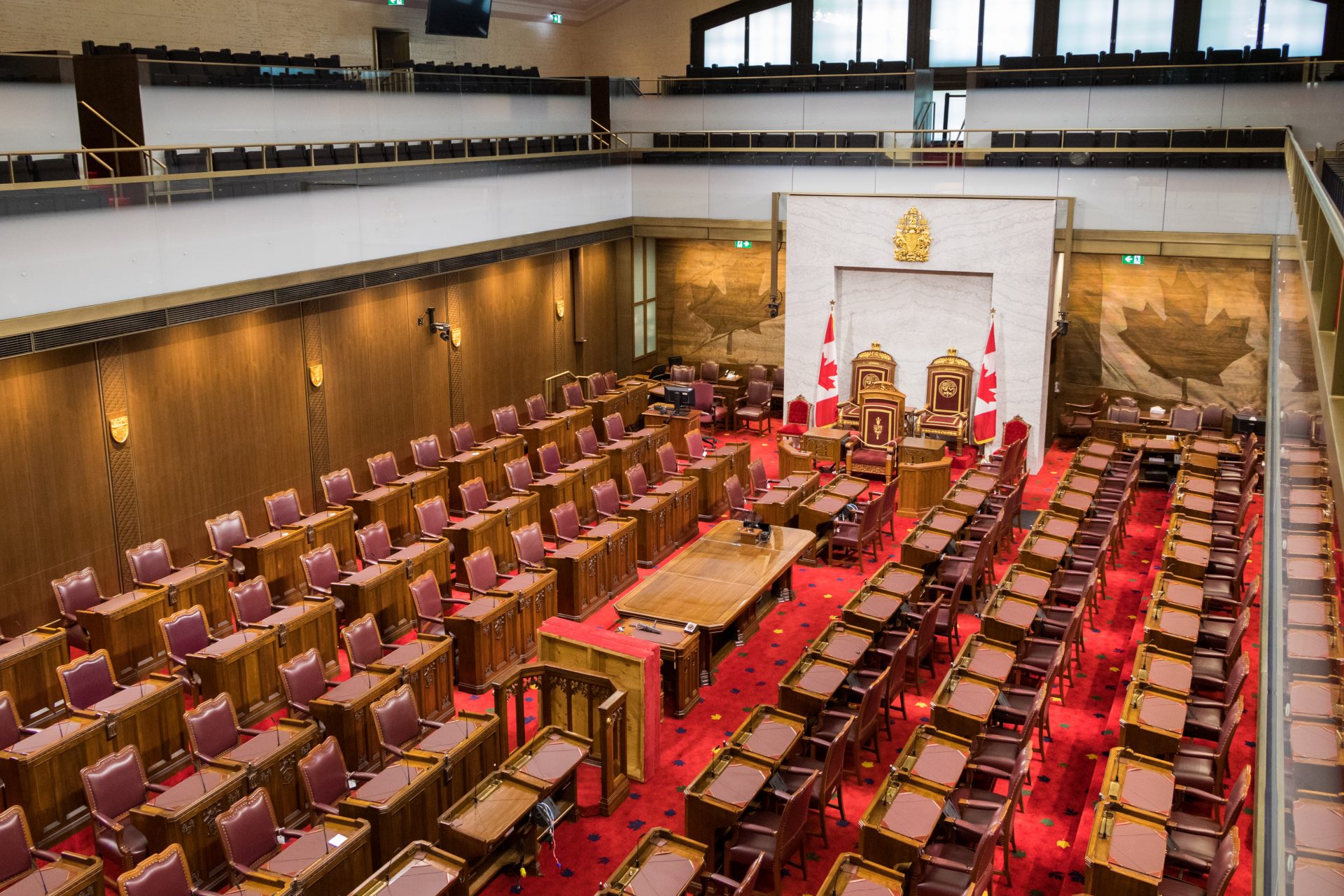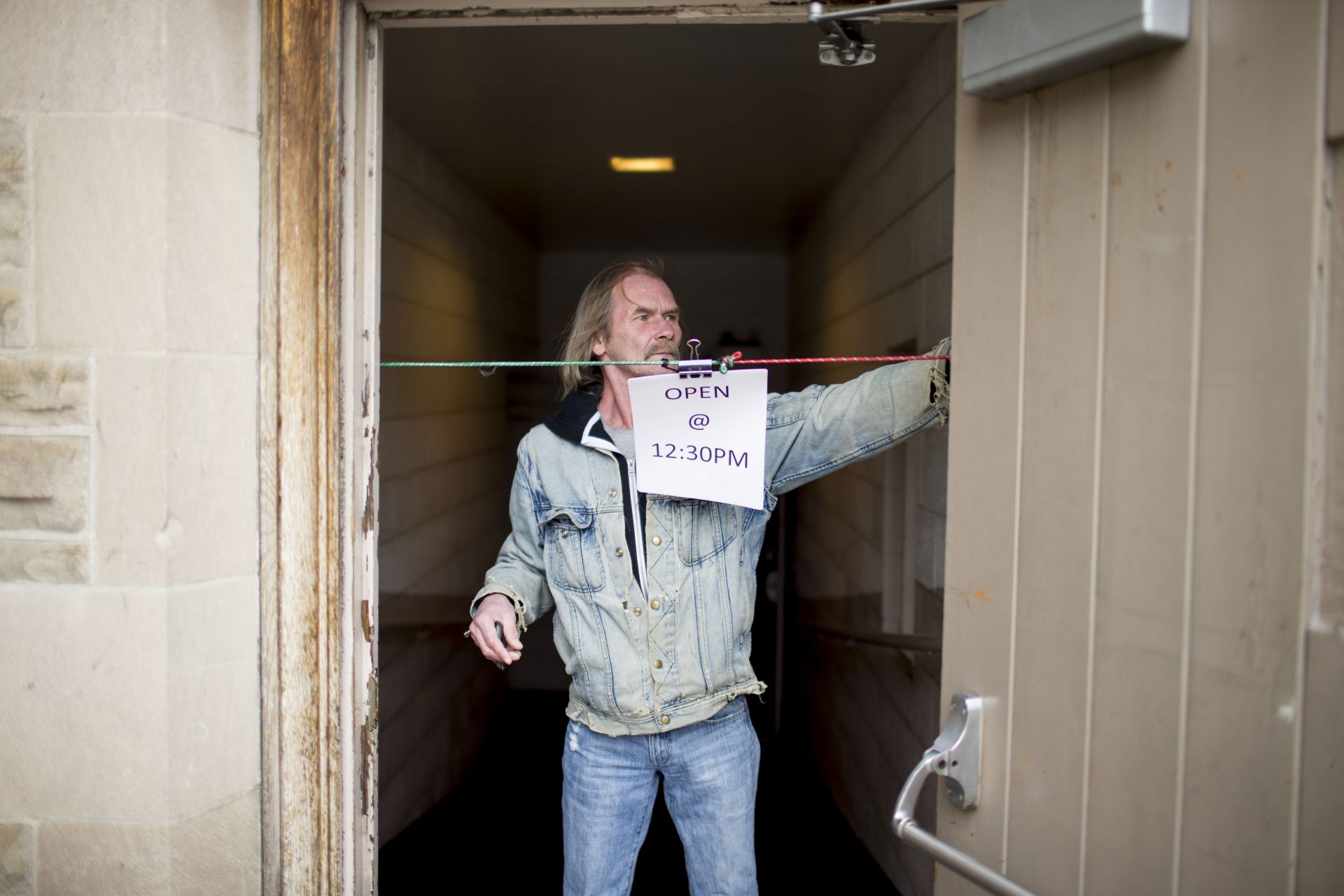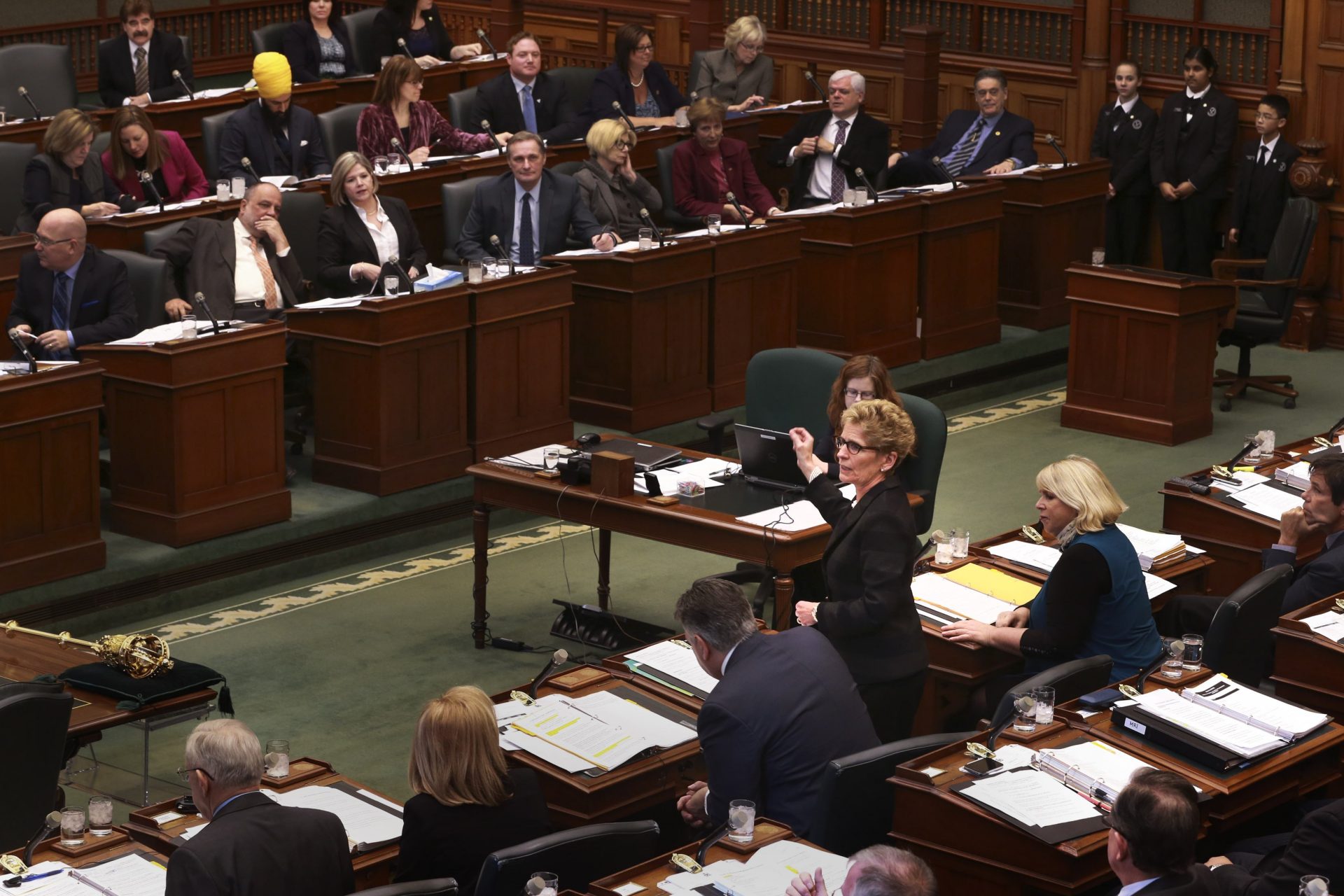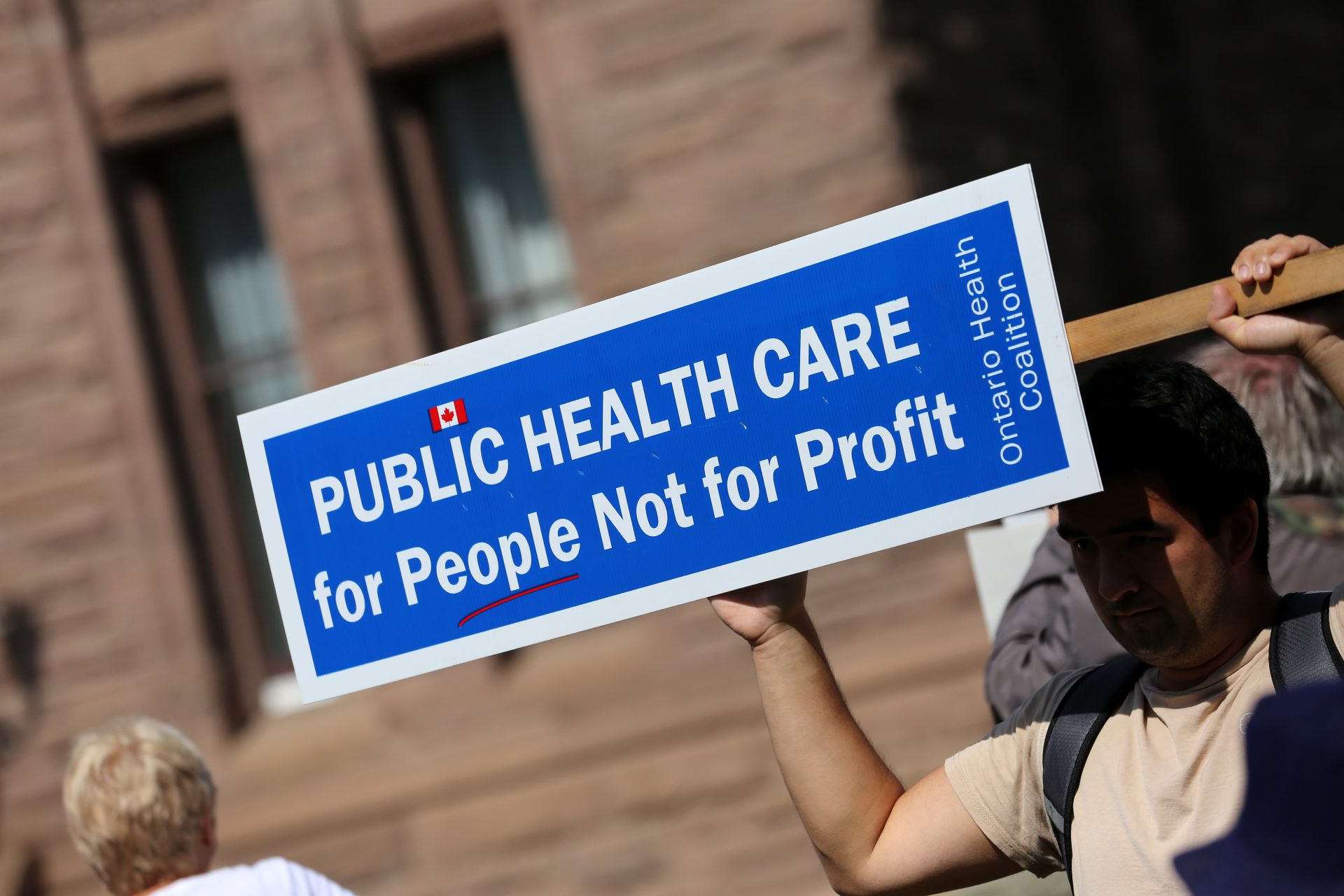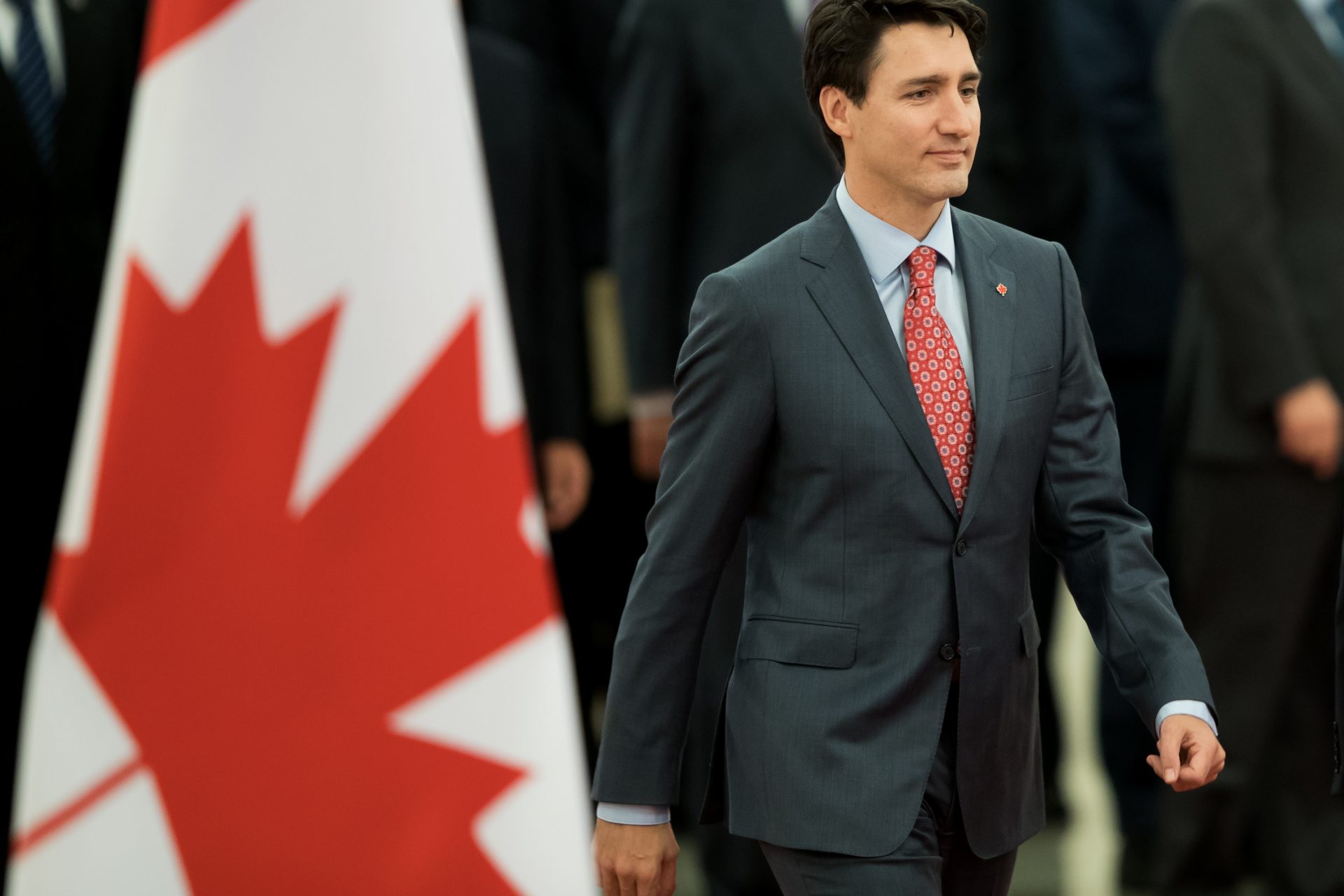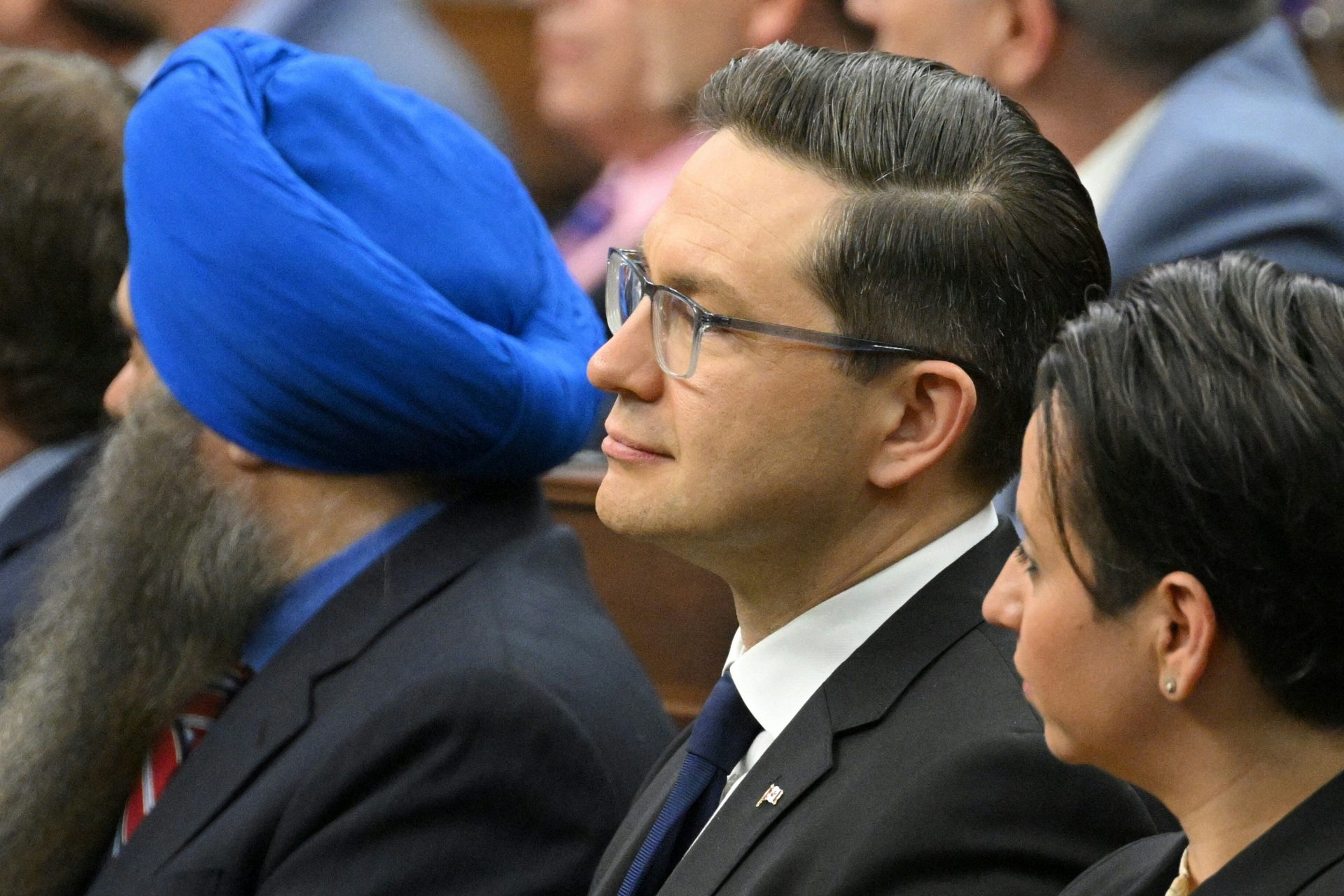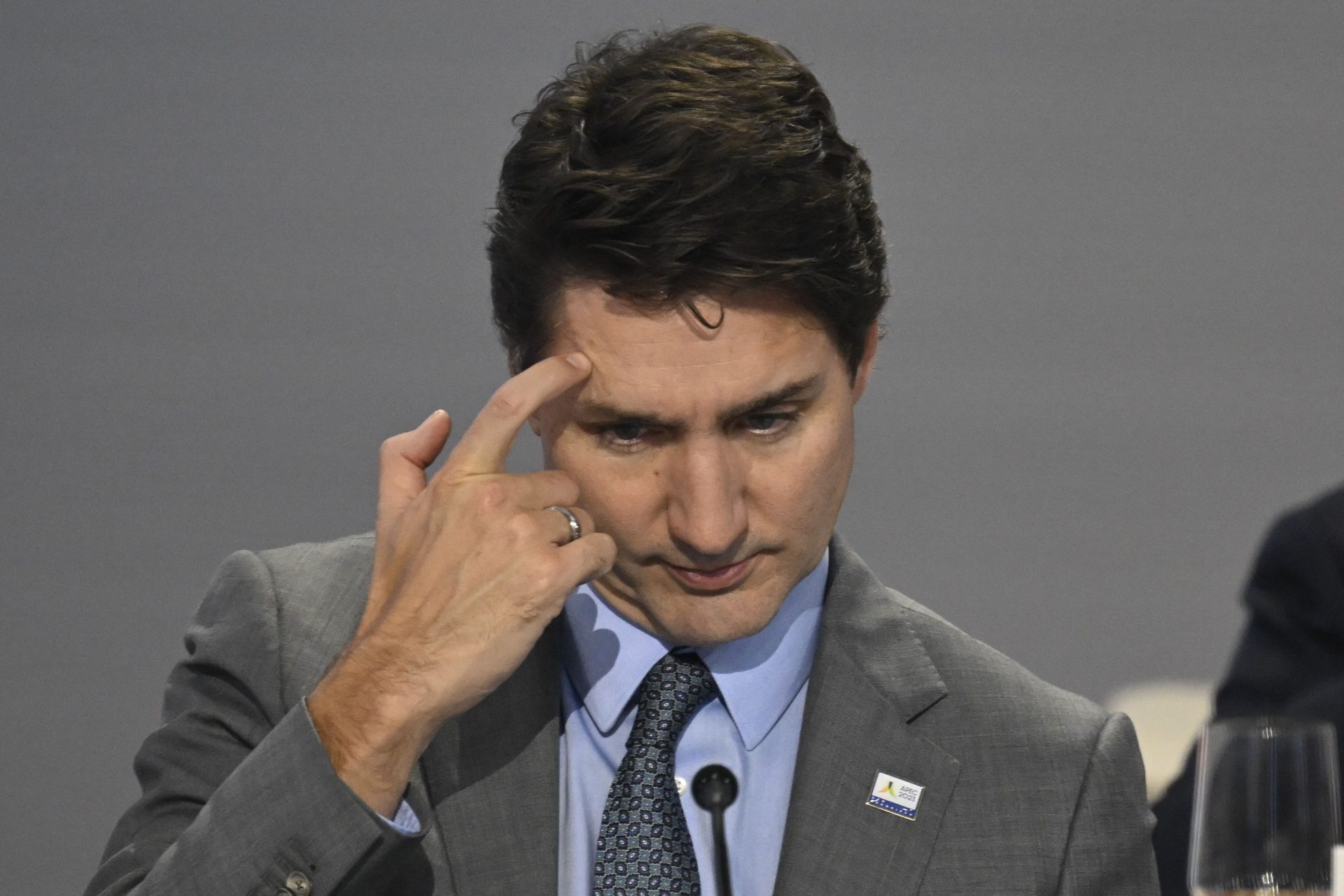Should Canada establish a universal basic income?
Canada’s Standing Senate Committee on National Finance is working its way through a bill developed to establish a national framework for a guaranteed livable basic income in the country. So is Canada getting a universal basic income?
If you’ve never heard the term universal basic income then it shouldn’t be too difficult for you to figure out what it means. The idea promises that a government will provide those it governs with a baseline income to cover the cost of living.
The concept relies on a variety of funding methods but the one that catches the eyes of most people is taxation. This is what Canada’s Standing Senate Committee on National Finance is in the midst of reviewing as it looks at Bill S-233.
Photo Credit: Wiki Commons By Hutima - Own Work
Introduced on October 17th, the International Day for the Eradication of Poverty, Bill S-223 was designed to establish a national framework for the development of what its authors termed a “guaranteed livable basic income.”
A press release from Senator Kim Pate noted that the committee heard from a number of experts on the issue of a guaranteed livable basic income, which included Ontario’s former Premier Kathyln Wynne and several economists.
All of the experts brought forth agreed that the country was facing increasing economic, social, health, and environmental uncertainty but believed the time to move forward with a national guaranteed livable income was now.
“The kinds of tangible improvements in people’s lives and outcomes we were starting to see as a result of the Ontario Basic Income Pilot included increased work placements and community involvement,” Wynne explained.
Wynne also noted the Ontario Basic Income Pilot launched under her government when she was in office also saw improved school retention as well as positive outcomes in the physical and mental health of those in the program.
Canada’s Research Chair in Behavioural Sustainability Dr. Jiaying Zhao also brought his expertise to bear on the matter and explained that both homelessness and social reliance were reduced by cash transfers of just $8,277 a year per person.
“Hundreds of studies in the last 50 years have shown the same pattern: improved well-being, health conditions, cognitive function, food security, and reduced crime rate, as well as lower alcohol or substance use,” Dr. Zhao told the committee members.
Bill S-233 has been in review by the Standing Senate Committee for more than three weeks and was also introduced with a companion piece of legislation for the House of Commons—Bill C-223.
If both bills are passed they would establish a guaranteed basic livable income for all people in Canada over the age of 17 according to UBI Works, which urged Canadians to sign a petition in support of Bill S-233 and Bill C-223.
The Toronto Star’s Andy Takagi reported that the momentum to establish a guaranteed basic livable income in Canada has grown a lot since the COVID-19 pandemic when the Canada Emergency Response Benefit sent thousands of Canadians each month.
Takagi added that if the bills pass, anyone in the country over 17 would receive income from the government, which means that temporary workers, permanent residents, and refugees would also be able to claim their income from the government.
The proposed framework also wouldn’t replace Canada’s other social programs like free healthcare and disability benefits and added that in April 2021 the Parliamentary Budget Officer Yves Giroux found an amount of $17,000 would cut poverty rates in half in Canada.
Photo Credit: Twitter @yzgiroux
However, such a program would cost the government roughly $85 billion dollars a year and CBC News noted that Yves told senators at the time that a rethink of the country’s social programs could be needed in order to fund such a program.
A reduction in social assistance at the provincial level as well as a change to tax credits like the GST credit were all proposed as possible solutions by Yves. But is such a policy likely to get passed in Canada?
Even if Bill S-233 is passed by the Senate, the House of Commons would still need to study and pass its bill, and the idea of a universal basic income is likely to face a lot more pushback. But at least there’s a conversation happening about the issue now.
More for you
Top Stories




